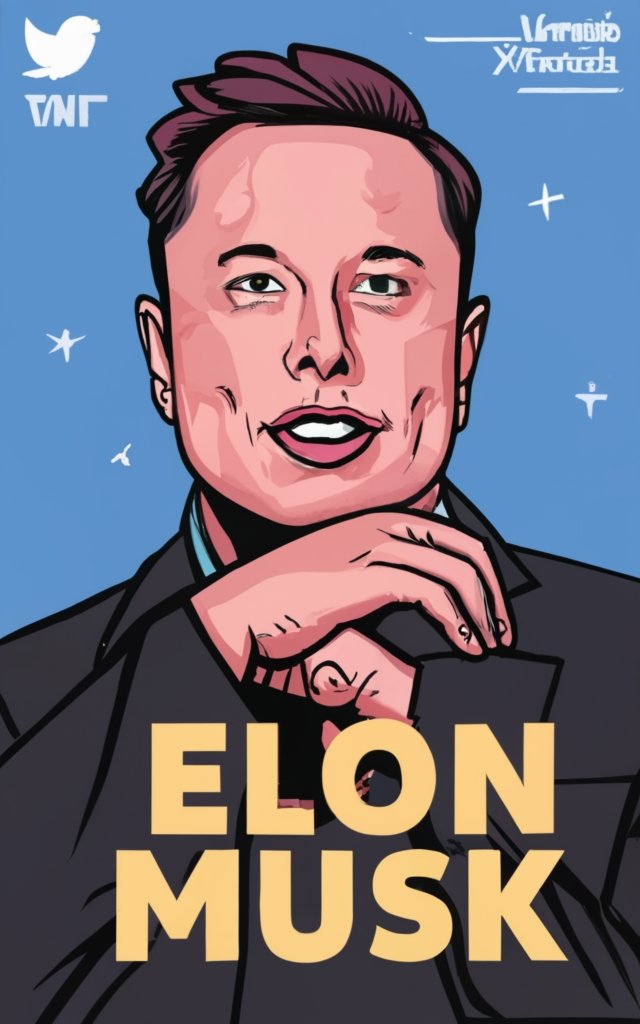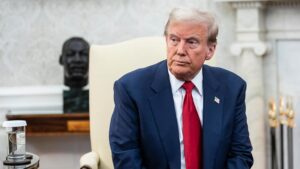Billionaire’s Blueprint Unfolds as Twitter Enters the Musk Era

In the heart of San Francisco, within the bustling corridors of Twitter’s headquarters, a new chapter is being written. Engineers and developers once engrossed in lines of code, now find themselves discussing the future under the leadership of Elon Musk. As this tech visionary takes the reins of the social media giant, the tech world and its avid users anticipate monumental changes.
A Visionary's Voyage

Elon Musk’s acquisition of Twitter was more than just a business transaction; it was a statement. With a $44 billion handshake, he signaled his entry into the world of social media, a realm vastly different from his other ventures. “When I first considered acquiring Twitter,” Musk revealed during a press conference, “it wasn’t solely about business or profit. It was about reshaping the digital conversation. It was about ensuring every voice, from every corner of the world, could be heard without being drowned out.”
The tech community was abuzz. Analysts, journalists, and industry experts all weighed in on what Musk’s leadership would mean for Twitter. While many praised his commitment to preserving and enhancing Twitter’s essence, others voiced concerns. They questioned the feasibility of his ambitious plans and wondered if his vision for Twitter might be too grandiose. But Musk, with his characteristic confidence, remained undeterred. He often reiterated, “Challenges are not roadblocks; they are merely opportunities in disguise.”
His first few months at Twitter were marked by a series of strategic meetings, brainstorming sessions, and user feedback initiatives. Musk was not just content to lead from the top; he wanted to understand the platform from the ground up. He engaged with users, responded to tweets, and even held public forums to discuss the future of Twitter.
The Economic Alchemy
Under Musk’s guidance, Twitter began to metamorphose. The platform, which had primarily relied on advertising revenue, started exploring innovative avenues. Selling premium user names, introducing subscription models, and even partnering with other tech giants for integrated services were all on the table. “Every decision, every strategy is rooted in ensuring Twitter’s longevity and relevance,” Musk emphasized during a quarterly earnings call. “We’re not just looking at the next financial quarter; we’re envisioning the next decade and beyond.”
By March 2023, the results of these strategies began to show. Twitter, which had once faced economic challenges and stagnation, was now on an upward trajectory. Stocks were rising, user engagement was at an all-time high, and the platform was attracting new demographics. “It’s not about short-term gains,” Musk said in an interview with a leading tech magazine. “It’s about understanding the ever-evolving digital landscape, being adaptable, and most importantly, listening to our users.”
Musk’s holistic approach to Twitter’s economics was not just about revenue generation. He focused on optimizing operational costs, streamlining processes, and fostering a culture of innovation within the company. He believed that for Twitter to thrive truly, it needed to be agile, adaptive, and always ahead of the curve.

Societal Ripples and the Road Ahead

But Musk’s vision for Twitter wasn’t confined to balance sheets and profit margins. He saw the platform as a tool, a medium that had the power to influence societies, shape opinions, and even drive change. “Twitter is not just a platform; it’s a reflection of our global society,” Musk noted during a town hall meeting. “As society evolves, faces new challenges, and sets new goals, so must Twitter.”
This philosophy raised several questions. How would Musk’s leadership shape public discourse in an era of misinformation? How would his decisions influence global communication patterns, especially in regions where freedom of speech was restricted? And more importantly, how would Twitter balance its commitment to free speech with the responsibility of curbing hate speech and fake news?
Musk had some answers. Under his leadership, Twitter introduced more transparent content moderation policies, invested in AI-driven fact-checking tools, and even launched digital literacy campaigns. “We’re on the cusp of something truly transformative,” he mused during a podcast interview. “Twitter has always been a force for good, a platform where ideas can flourish, and conversations can spark meaningful change.”
A Vision for the Future
As the sun sets over the San Francisco skyline, casting a golden hue over the city, Musk reflects on his journey with Twitter. “It’s been a learning experience,” he admits. “But it’s also been incredibly rewarding. We’re building something that has the potential to impact billions of lives.”
In the ever-evolving narrative of technology and ambition, Elon Musk’s journey with Twitter is just beginning. The world watches with bated breath, eager to witness the legacy this visionary will leave behind. Every tweet, every decision, every innovation reflects Musk’s unwavering belief in technology’s power to shape the future.
And as the digital landscape continues to evolve, one thing remains constant: Musk’s commitment to pushing boundaries. Whether launching rockets into space, revolutionizing transportation with electric vehicles, or redefining the essence of social media, Musk’s vision is clear: creating a better, more connected world for all.



